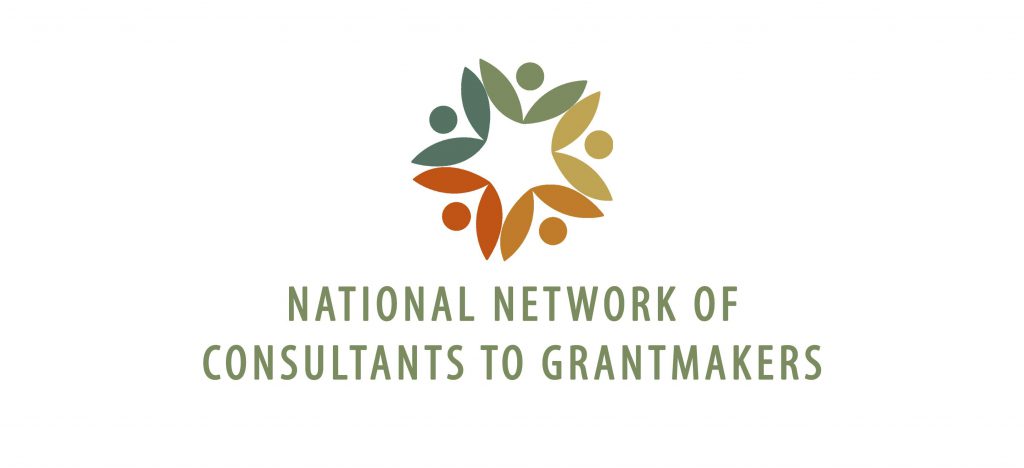 This is a guest post by NNCG member Thaler Pekar of Thaler Pekar & Partners. It is posted here with her permission.
This is a guest post by NNCG member Thaler Pekar of Thaler Pekar & Partners. It is posted here with her permission.
Be a Party Planner
Discuss conversational logistics ahead of time with your panelists. Share the main theme of the discussion, and your goals for a lively conversation. What is the emotion that you would like to elicit in the audience? Be clear about what youdon’t want discussed during the panel.
You don’t have to get all the panelists together ahead of time (this is likely to be more trouble than it is worth), but you do need to share logistical information. You may wish to draft questions (more questions than you will actually get to ask) and share them with the panelists ahead of time, asking for their feedback.
You don’t want your panelists delivering canned answers to predetermined questions, but you do want to explore the general direction and parameters of your eventual discussion. Exploring the questions ahead of time may surface surprising angles and insights.
Extend a Heartfelt Welcome
Don’t lie to the audience and claim, in a monotone voice, that you are excited to be there. We’ve all heard that seemingly insincere opening, for what seems like a thousand times.
Instead, wake your audience up and truly excite them. Set the tone. Begin to elicit the emotion response you’re aiming for.
Look your audience in the eyes. Share why you are really moderating this panel. What does it mean to you and what do you hope will transpire?
By reflecting on why you are there, you invite and encourage the audience to reflect on why they are there.
Offer Meaningful Introductions
Think of the panel as a dinner party: you are the host, and your panelists and the audience are your guests. You are excited that everyone could join you at this party and meet each other.
You wouldn’t introduce people one-on-one and face-to-face by dryly reading their resumes and career highlights. Why default to that passionless delivery now?
Instead, introduce each of your panelists by sincerely explaining why you are excited that they are there, and why you are happy they are meeting the other guests.
[You may choose to introduce each panelist at the beginning of the session, or you can introduce each person right before they speak.]
Facilitate Lively Conversation
Encourage all of your panelists to speak, and enable all of them to be heard. Invite your panelists to speak with each other, and with the audience, not just with you.
Probe for specifics and for examples. Your audience will remember the stories that surface during your panel. They will also appreciate specific, actionable advice, rather than ambiguous generalities.
Summarize and Make Connections
Give the audience a parting gift. Summarize what has been discussed and the connections that your panel uniquely made by bringing these speakers together. Like the start, reflect on what you have learned. How do you feel? What is one thing you will do differently as a result of hearing the panelists?
By sharing your reflection, you will invite and encourage the audience to reflect on what they have learned.

